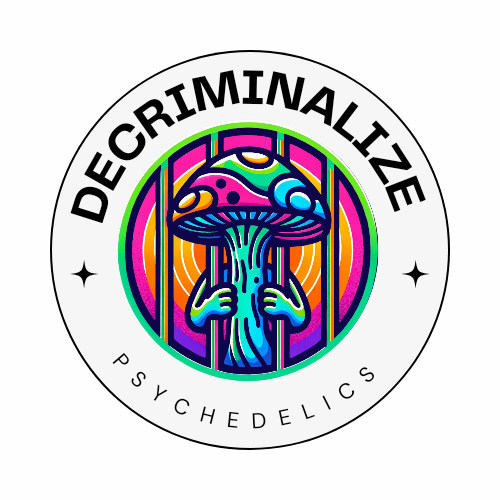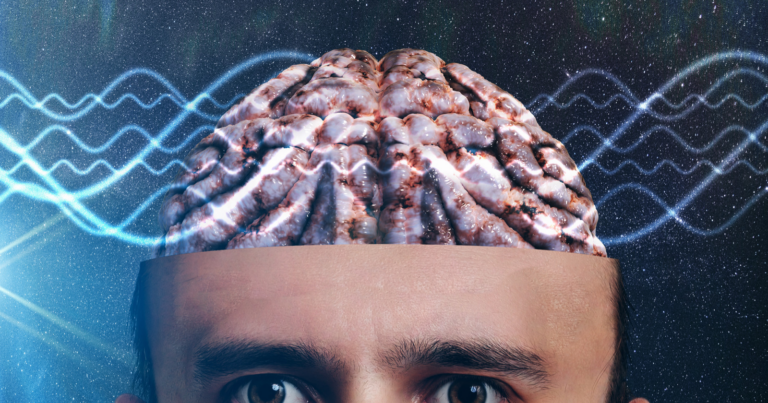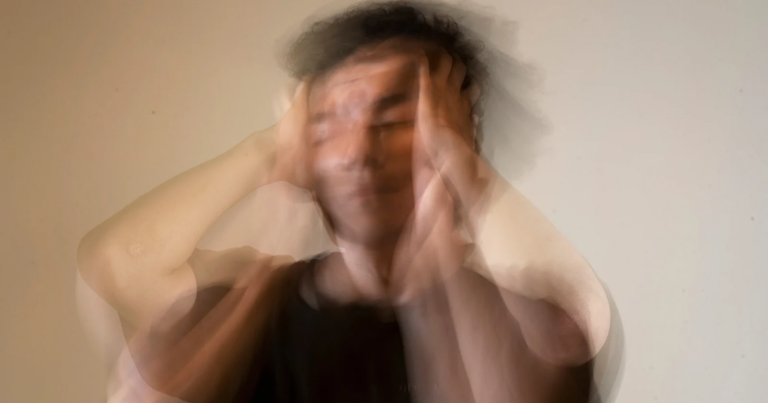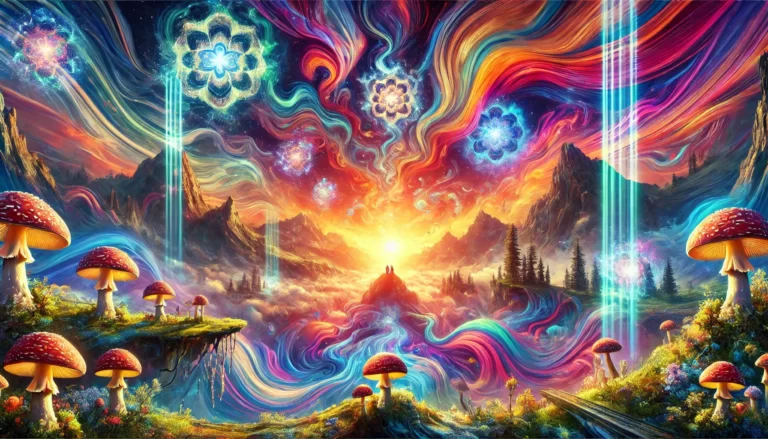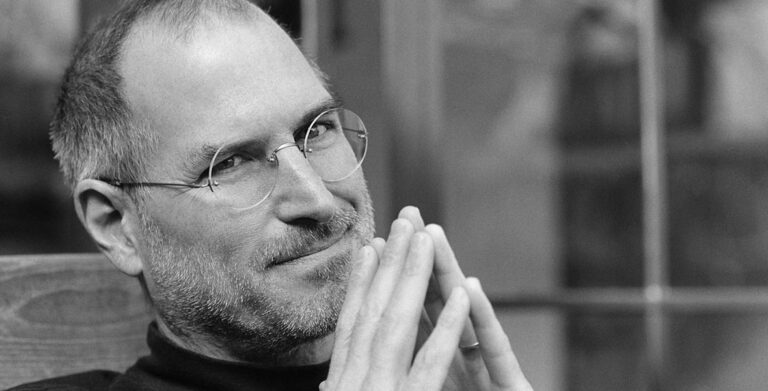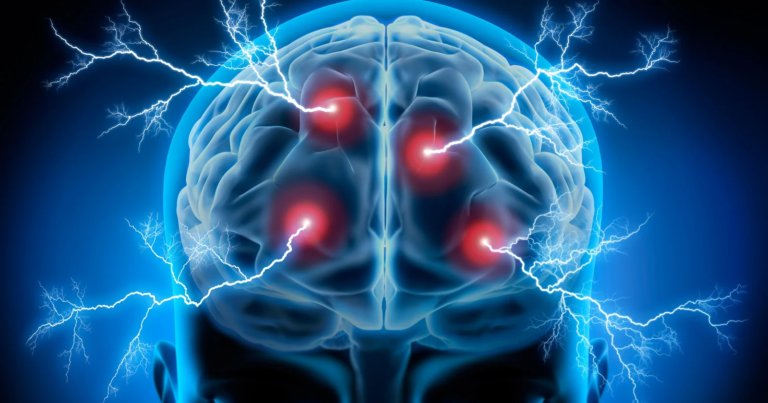Navigating the world of psychotherapy can feel like navigating a maze.
There are countless methods, techniques, and approaches to choose from.
One that’s been gaining traction is the integration of psychedelic experiences into psychotherapy sessions.
It’s not about encouraging reckless behavior, but rather using these experiences as tools for personal growth and healing.
Curious? Read on to learn more out integrating psychedelic experiences into psychotherapy.
1) The Science Behind it…
Psychedelic therapy isn’t just a random idea pulled from thin air.
There’s a growing body of scientific evidence supporting its effectiveness.
Psychoactive substances, when used responsibly and under professional guidance, can potentially unlock new avenues for mental health treatment. Think of it like the key to a locked door – doors within our mind that traditional therapy methods may struggle to open.
A study published in the Journal of Psychopharmacology in 2016, for instance, showed that a single dose of psilocybin (the active compound in magic mushrooms) can have lasting positive effects on patients with life-threatening cancer.
But we must remember, this is not about promoting recreational drug use.
It’s about exploring how these substances, when used in a controlled and therapeutic environment, may contribute to breakthroughs in mental health care.
Navigating this new territory comes with its unique set of challenges.
And that’s what we’ll be focusing on: advocating for solutions and overcoming the hurdles in integrating psychedelic experiences into psychotherapy.
2) My own Journey…
I’ve always been intrigued by the vast landscape of the human mind.
It’s what drew me to psychology and psychotherapy in the first place. But it was during my own struggle with depression that I truly began to appreciate the potential of psychedelic experiences.
I was stuck in a cycle of negative thoughts, unable to break free despite numerous therapy sessions and different medications. It felt like I was trapped in my own mind.
Then, I discovered the world of psychedelic therapy. Under professional supervision, I had my first experience with psilocybin.
And it was nothing short of transformative.
It felt like a veil had been lifted – I was able to confront my fears and insecurities from a new perspective, one that traditional therapy had failed to provide. It was as if I had found a hidden path in the labyrinth of my mind.
This personal journey has only strengthened my belief in the potential value of integrating psychedelic experiences into psychotherapy.
But just like any other treatment method, it has its own set of challenges that need to be addressed – and that’s what we’ll continue to delve into.
3) A Historical Perspective…
Psychedelic therapy isn’t a new concept.
It was actually practiced in the mid-20th century before it was halted due to the political and cultural turmoil of the 1960s and 1970s.
During this early period, psychedelics like LSD were used in clinical research and showed promising results in treating various mental health disorders, from alcoholism to anxiety.
Psychedelic research was making significant strides until it was abruptly stopped. The substances were labelled as dangerous and without medicinal value, effectively halting all scientific investigation.
The recent resurgence of interest in psychedelic therapy isn’t a sudden leap into unknown territory, but rather a return to a path that was abandoned half a century ago.
Understanding this history is crucial as we strive to overcome the challenges and find solutions in integrating psychedelic experiences into psychotherapy.
4) The Importance of Set and Setting…
One of the key factors that differentiates psychedelic therapy from recreational use is the focus on set and setting. This refers to the individual’s mindset (set) and the physical and social environment (setting) in which the psychedelic experience occurs.
In a therapeutic context, careful preparation is required.
The individual is guided to approach the experience with a certain mindset, often one of openness and curiosity. The setting is also carefully controlled to ensure safety and comfort.
This can significantly influence the nature of the psychedelic experience, often leading to more positive outcomes. It’s not just about the substance itself, but how it’s used.
And this is one of the areas where we need to advocate for best practices and overcome challenges to ensure safe and effective integration into psychotherapy.
5) Navigating the Unknown…
In my early days of exploring psychedelic therapy, I faced numerous uncertainties. The fear of the unknown was palpable.
There were so many questions:
- Would it work?
- Would it be safe?
- How would it affect me in the long run?
Despite all my research and preparation, there was still a part of me that felt like I was stepping into uncharted territory. There were moments of self-doubt, anxiety, even fear.
But through this journey, I’ve come to realize that these feelings are common when we’re on the brink of something new and groundbreaking. It’s part of being human.
The key is to not let these doubts hinder our exploration.
As we continue to delve into the integration of psychedelic experiences into psychotherapy, it’s crucial to remember that it’s okay to have doubts and fears. Overcoming these challenges is part of the process, and it’s these experiences that often lead us to the most profound discoveries.
6) The Role of the Therapist…
In psychedelic therapy, the role of the therapist takes on a whole new dimension. Instead of being just a guide, the therapist becomes a co-explorer, journeying with the individual through the psychedelic experience.
This unique role requires therapists to have a deep understanding of both the therapeutic process and the effects of psychedelics.
They need to be able to support individuals as they navigate their experiences, helping them interpret and integrate their insights into their daily lives.
The therapist’s role in this process is crucial, and it presents its own set of challenges.
It calls for continuous learning, adjustment, and adaptation.
But with every challenge overcome, we move one step closer to integrating psychedelic experiences into mainstream psychotherapy.
7) It’s about Responsible Exploration…
The integration of psychedelic experiences into psychotherapy isn’t about promoting drug use or chasing mystical experiences.
It’s about using these powerful substances in a controlled, safe, and therapeutic context to potentially unlock new avenues for mental health treatment.
It’s about leveraging the potential of these experiences to help individuals confront and overcome their deepest struggles.
In our journey to integrate psychedelic experiences into psychotherapy, this remains our guiding principle:
The pursuit of responsible, therapeutic exploration for the betterment of mental health care.
A Key to the Mind…
The complexities of the human psyche are vast and often elusive. Yet, in the depths of this labyrinth, psychedelics may hold a unique key.
Psychedelic therapy stands at the intersection of ancient wisdom and cutting-edge science.
It’s a journey into the depths of consciousness, a journey that has the potential to transform lives and revolutionize mental health care.
In integrating psychedelic experiences into psychotherapy, we are exploring uncharted territories, facing new challenges, but also uncovering unique solutions.
As we continue this exploration, let’s remember that it’s not about chasing mystical experiences or promoting drug use. It’s about unlocking the healing potential within our minds.
It’s about providing an additional tool for those battling mental health issues, an alternative path that could lead to profound transformations.
